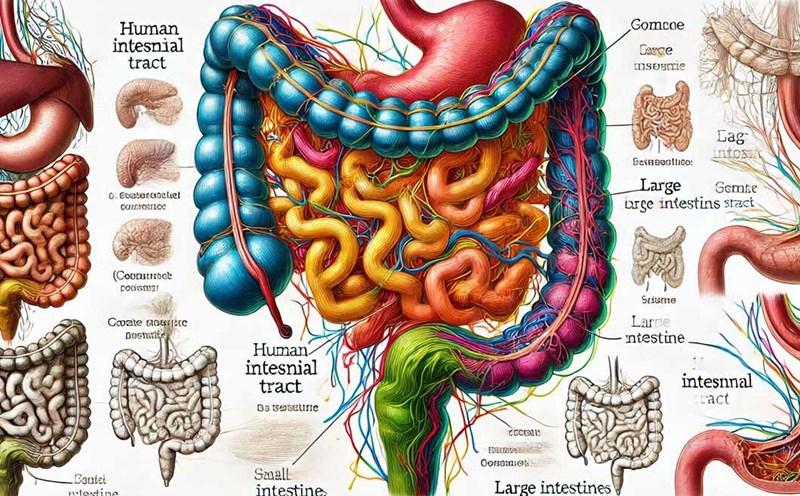According to Dr. Edwina Raj, Head of Clinical Nutrition and Dietetic Services, Aster CMI Hospital, Bengaluru (India), protein is an essential component of the diet, helping to build and maintain muscles, bones, and the immune system. However, consuming too much protein, especially from animal sources, can cause bad breath.
Causes of bad breath
When the body breaks down proteins, bacteria in the mouth digest the waste from this process, and produce sulfur compounds, mainly hydrogen sunfua, says Dr Edwina Raj. It is this compound that creates a characteristic stench, often associated with the smell of rotten eggs. In particular, dairy products such as cheese, milk and yogurt, which contain casein protein rich in cysteine (an amino acid containing sulfur), also contribute significantly to the formation of bad breath.
Protein-rich foods can easily cause bad breath
Foods that can cause bad breath when eaten too much include:
Meat (beef, Lamb, poultry)
Fish (almon, tuna)
Eggs
Dairy products ( Milk, yogurt, cheese)
How to reduce bad breath when eating a lot of protein
To avoid bad breath when consuming too much protein, you can take some of the following measures:
Drink plenty of water: Make sure your body is always provided with enough water to maintain mouth moisture and support metabolism.
Maintain good oral hygiene: Brush your teeth regularly, floss and rinse your mouth to remove leftover food and bacteria.
Adjust your diet: Do not focus only on protein but lack balance with other food groups such as carbohydrates and healthy fats.
Eat foods that help clean your mouth: Foods like apples, carrots, and celery can help clean your mouth and reduce bad breath.
Increase fiber intake: A diet rich in fiber helps improve digestion and supports oral health.











